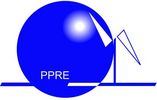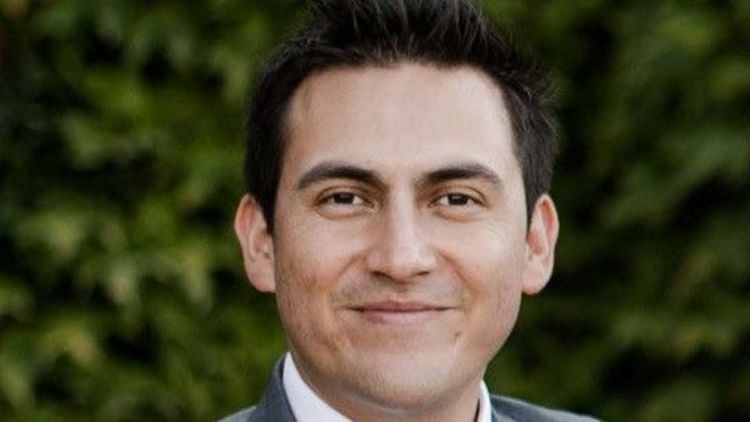Upgrading today’s power systems to accommodate high shares of renewable energy, boost efficiency and cut climate-damaging emissions calls for imaginative, holistic energy planning. Scenario modelling has become an essential tool to lay the groundwork for clean, reliable, sustainable future energy systems.
This report from the International Renewable Energy Agency (IRENA) presents a collection of over 50 practices from over 20 governments and technical institutions worldwide, dedicated to improving the use and development of long-term energy scenarios to guide the clean energy transition. It draws on discussions conducted through a Clean Energy Ministerial (CEM) campaign, Long-term Scenarios for the Energy Transition, along with the LTES Network, an IRENA extension covering non-CEM countries.
Energy transitions involve complex and varying challenges for different countries and regions. Yet the climate goals of the Paris Agreement include urgent action to decarbonise global energy use.
Over 25 events held in 10 different countries provided the platform to discuss the optimal use of long-term energy scenarios.
The report recommends:
1. Strengthening scenario development
- Establishing a strong governance structure: The clean energy transition will require broad participation and stronger co-ordination across different government institutions.
- Expanding the boundaries of the scenarios being developed: To adequately reflect the complexities of the clean energy transition, models and scenarios need to better address new technologies, business models and disruptive innovations.
2. Improving scenario use
- Clarifying the purpose of scenario-building: Scenarios can be used for different purposes, depending on the context and the goals being pursued. Such distinctions should be clear to avoid misinterpretation.
- Ensuring transparent and effective communication: Transparency ensures the quality of scenarios and builds trust. Scenario assumptions and results need to be clearly communicated; innovative communication methods are now emerging.
3. Identifying capacity-building approaches
- Building the right type of scenario capacity in government: The capacity to use scenarios can be created using modelling tools within government institutions. If modelling is outsourced, governments must still ensure they have the capacity to understand the results.
Complete report available at: www.irena.org/publications/2020/Sep/Scenarios-for-the-Energy-Transition-Global-experience-and-best-practices




